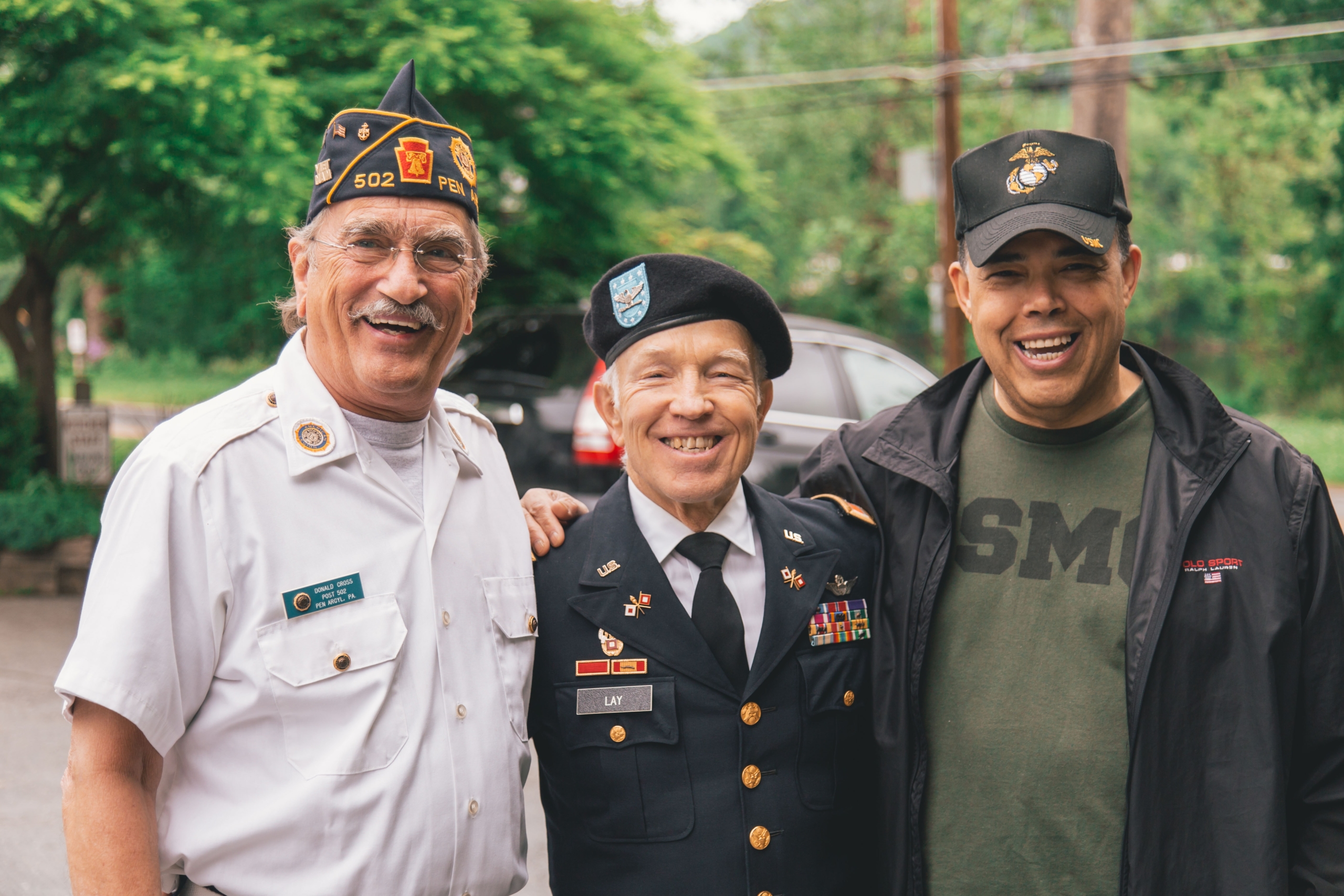Veterans who were diagnosed with early-onset dementia or Alzheimer’s disease need specialized care. Memory care focuses on practices for improving memory and cognitive function. In senior living communities, caregivers with experience in neurobiological dysfunction and memory loss create daily plans for the residents.
Many individuals with these impairments take their prognosis as a death sentence. While the conditions are progressive, there are ways to slow down the development of symptoms and help vets keep more of their memories. Memory care services can help.
Designing a Daily Routine
An effective measure for slowing the progression of dementia and Alzheimer’s is developing and sticking to a routine. Simple steps make it easier to remember what the person must do each day. When beginning with morning practices, the routine starts with bathing, brushing teeth, and eating breakfast. Once the residents complete the steps, those individuals move on to the next phase of their routine.
Studies show that small steps for each part of their daily tasks make it easier for vets to remember. A list of tasks at different times during the day or night guides them and offers a checklist to prevent them from forgetting.
Memory Care Exercise Plans
The physical fitness plan includes steps that do not change. By doing the same exercises, residents become accustomed to the movements. Even with a progressive illness, they retain the memory of the routine and complete it. Exercise programs may include walking around in a circular area like an enclosed track. They do one to two-step exercises repeatedly every day. It keeps the body in shape and prevents muscle atrophy and improves circulation throughout the body.
Relaxation Therapies and Techniques
Dementia and Alzheimer’s disease cause agitation and frustration. Caregivers often set up activities and therapies that help relax the affected party and elevate their mood. Known therapies for these diseases start with art.
Art classes and activities help retrain the mind. Participants complete minimal steps to make pottery, paint, or draw. The activities promote memory retention and give the person a chance to be creative and express themselves.
Pets and Memory
Pets such as dogs or cats are helpful for anyone who has dementia or Alzheimer’s. The animals provide companionship and have a calming effect. Service training for dogs enables them to perform tasks and to help their owner. The programs teach the dogs the layout of their home and how to prevent the owner from getting lost. Training can include routines where the pets encourage the individual to complete tasks on their checklist. When it is time to exercise, the guide dogs direct them to the track or images of the area where the vet completes exercises.
Cats help control anxiety symptoms associated with dementia and Alzheimer’s. When the pets pur, they radiate a frequency that controls the onset of panic attacks. Disorientation is terrifying for people with these conditions. With a cat as a pet, they can cuddle with the animals and rub their hand across the animal’s fur, which encourages them to react. Direct contact with a purring cat decreases stress levels and helps the person relax and refocus.
Reviewing Simple Phrases
Doctors who treat cognitive dysfunction test their residents according to how well they retain short expressions and sentences. The clinician says one line and gets the person to repeat it after 30 minutes. In memory care services, a care plan may include simple paragraphs that test the memory.
Participants say the lines more than once throughout their daily routine. When visiting their doctor, they must recite what they remember. The results show areas where care plans need adjustments and the current progression of their condition. Caregivers use poems and short song lyrics for these tasks since they are easier to remember.
A Wonderful Place for Vets
Summerfield of Redlands provides extraordinary services for vets. The community offers a wealth of on-site amenities and includes both apartments and suites. Vets move into the community with like-minded individuals and cultivate lasting friendships. Veterans can find out more about the community and their current special offer by setting up a tour of the community right now.
Veterans of all branches of the military need specialized care with a diagnosis of dementia or Alzheimer’s. The progressive illnesses diminish the memory over time and may increase symptoms of PTSD for some service members. Comprehensive care programs that include memory care are helpful for individuals and promote enhanced cognitive abilities. By learning more about comprehensive memory-care services, vets get the help they need and enjoy a better quality of life.

